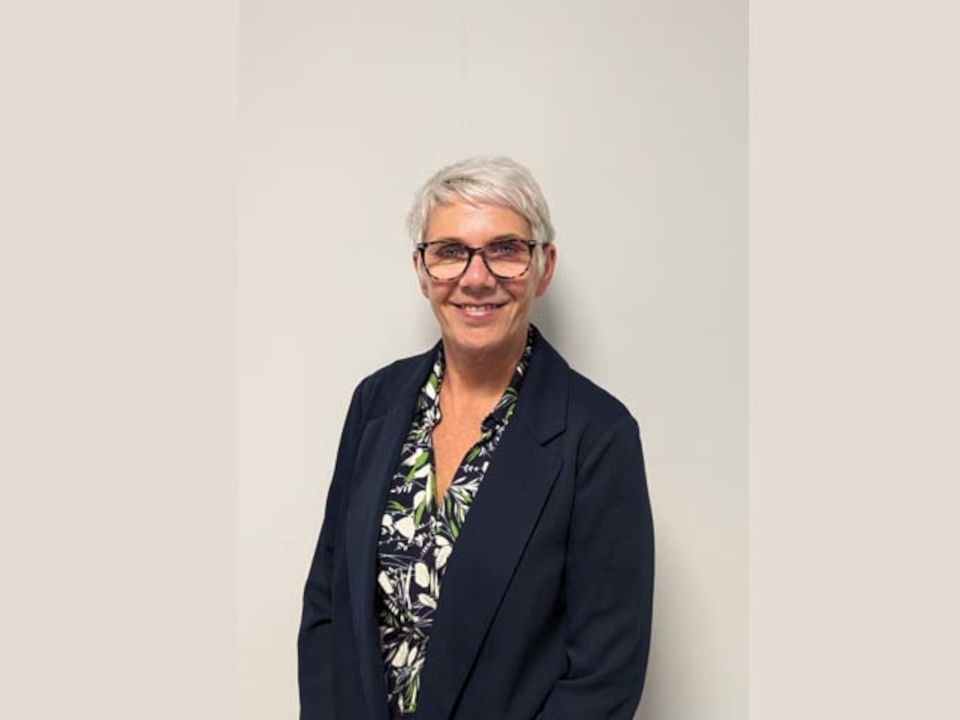
Dr Jo Sullivan-Lyons
Education Policy Committee Vice Chair
Strategic Consultant, Education Services, Birmingham City Council
I was delighted to see that the National Association of Virtual School Heads (NAVSH) is celebrating its 10 year anniversary this year. This gave me cause to reflect on the impact of virtual schools; and to find out more about what the future holds for them.
I caught up with Matthew Cooke and Sue Johnson, Immediate Past Chair and Current Chair of NAVSH, to find out what the organisation views as the greatest successes of virtual schools; and the challenges that they face moving forward.
They were keen to share how inspirational this year’s NAVSH conference in March had been. Delegates were inspired by keynote speakers, including Judith Denton and Fatima Whitbread. They emphasised that the concept of ‘lived experience’ of the care system should be conceptualised as being of value in terms of the resilience, resolve and skills that can be developed via this experience, and not solely seen as representing a disadvantage.
Matthew and Sue highlighted that there is strong evidence of impact of virtual schools. The combination of a relentless focus on relational and evidence based practice, and rigorous monitoring, means that virtual schools play a unique role in connecting and influencing practice in different parts of the system for children and young people. Commentators have noted that whilst many professionals who work with children aim to be child focussed, the barriers within and between systems often create barriers to achieving this. Virtual schools manage a culture of practice that it is truly child focused: always looking to promote change where needed in the system through the lens of the child.
However, there are significant challenges for virtual schools such as the limited supply of local foster placements which would allow more children coming into care to remain at their local school. There is also a real shortage of specialist education provision and the associated costs for local authorities is having a detrimental impact on finances.
Recent research conducted by University of Exeter, the Rees Centre and NAVSH has identified 10 characteristics that influence the effectiveness of virtual schools in making a difference for children who are looked after, are care experienced, adopted or have a social worker. Things to consider range from how leaders are using systems leadership skills, the strength of the relationship between the virtual school and LA SEND team, and how active the virtual school is in working with social workers, foster carers and other professionals to ensure that education is recognised as essential to promote a young person’s wellbeing. Posing these kinds of questions within your own organisation will allow leaders to maximise impact for some of their most vulnerable cohorts.
The role of the virtual school is arguably more important now than ever before in a post-pandemic world. For example, school absence rates remain stubbornly high and above pre-pandemic levels, with children in need particularly over-represented. We need to keep a relentless focus on these children to ensure they are safe and receiving a good education, but also to understand the underlying reasons behind their persistent absence. Addressing some of these fundamental questions go beyond the role of local authorities, but instead require national government to take action and create an education system that is truly inclusive of all children and young people.





